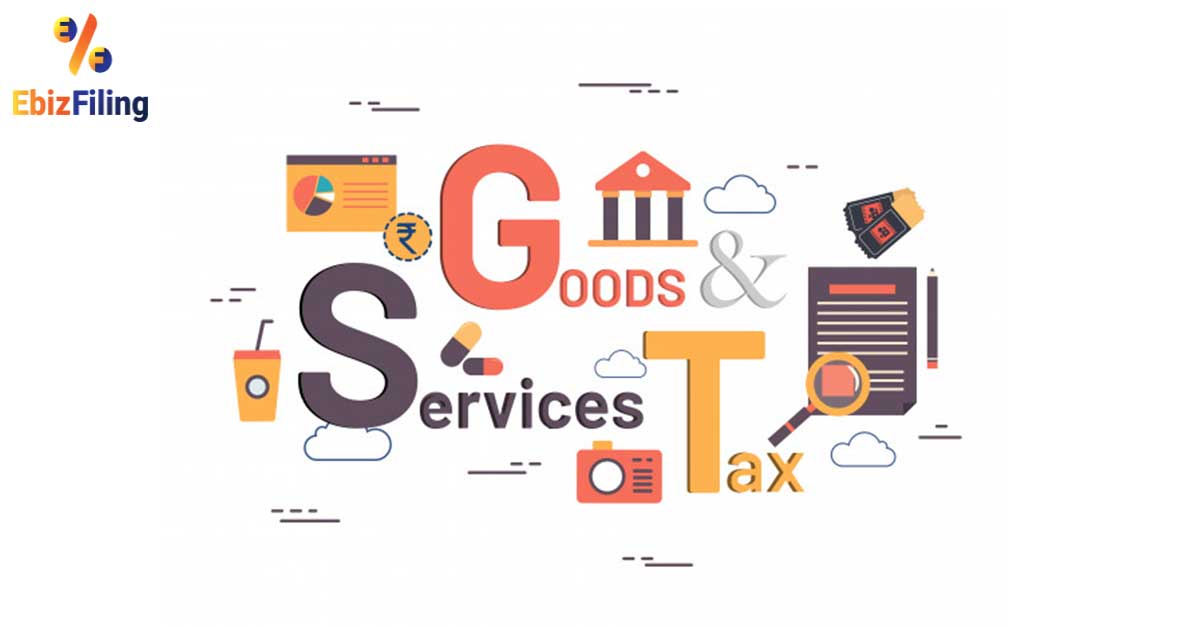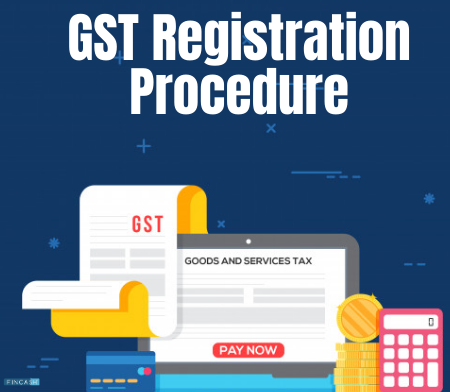The Ultimate Guide to Simplifying the GST Enrollment Process and Demands for Small Organization Owners

Recognizing GST Essentials
To understand the principles of the Product and Solutions Tax (GST) system, little business owners have to initially recognize its underlying concepts and implications. Under the GST routine, services are needed to sign up and collect tax on behalf of the federal government, making sure openness and conformity.
One of the essential principles of GST is input tax credit scores, which enables businesses to declare debt for tax obligations paid on their acquisitions. Recognizing these fundamental principles is vital for tiny service owners to browse the complexities of the GST system and guarantee compliance with the legislation.
Eligibility Requirements for Enrollment
Having actually developed a fundamental understanding of GST principles, little company owners must currently fulfill particular eligibility requirements to wage the enrollment procedure. In India, entities took part in the supply of goods or services with an annual accumulation turnover surpassing Rs. 40 lakhs (Rs. 10 lakhs for special group states) are needed to sign up for GST. In addition, particular businesses such as those entailed in inter-state supply of items, laid-back taxable persons, and those required to pay tax under the reverse fee device should sign up for GST irrespective of their turnover. In addition, businesses that were signed up under the previous tax regimen (VAT, service tax obligation, and so on) are also mandated to sign up under GST. However, agricultural services that only supply create out of primary manufacturing are exempt from GST registration. It is critical for service proprietors to very carefully examine their qualification based on these criteria to ensure conformity with the legislation and avoid any penalties for non-compliance.
Records Needed for GST Enrollment

Simplified Registration Refine Actions
Complying with the collection and confirmation of the visit site requisite files, the registration procedure for GST can be browsed through a series of simplified steps made to promote reliable compliance for small company proprietors. The very first step entails going to the GST portal and choosing the 'New Enrollment' choice. Consequently, the applicant needs to load in Part A of the GST REG-01 kind with information such as PAN, mobile number, and email address to acquire an OTP for confirmation. Once the OTP is received and gone into, a Short-term Reference Number (TRN) is produced for further process. The next step needs completing Part B of the form with required company details, publishing supporting records, and finishing the verification process using DSC or EVC. Upon successful confirmation, an Application Reference Number (ARN) is issued, suggesting the conclusion of the GST registration process. By adhering to these simplified actions, tiny organization owners can properly sign up for GST and guarantee conformity with tax guidelines.
Tips for Ensuring Conformity
To maintain governing adherence and functional stability, attentive oversight and proactive procedures are essential in guaranteeing conformity with GST demands for small organization owners. Tiny organization owners need to remain upgraded with GST regulations, submitting deadlines, and any changes in tax obligation prices to stay clear of penalties and preserve an excellent standing with tax authorities. Going to GST understanding workshops or training programs can enhance understanding and compliance with GST regulations, ultimately profiting the organization in the lengthy run.
Conclusion
In verdict, tiny business proprietors should understand the essentials of GST, satisfy the qualification standards, collect essential papers, and adhere to the simplified registration procedure steps to guarantee compliance. By streamlining the GST registration procedure and requirements, tiny organization owners can avoid charges and run their companies efficiently within the legal framework - Singapore GST Registration. It is critical for local business owners to remain certified and enlightened with GST guidelines to keep an effective business procedure
Little organization proprietors seeking GST registration have to guarantee they collect and submit the essential papers to complete the enrollment process effectively. The files needed for GST registration typically include proof Related Site of service enrollment or consolidation, FRYING PAN (Irreversible Account Number) card of the company entity, identity and address evidence of the promoters/partners/directors, photographs, address evidence of the place of service, financial institution account declarations or terminated cheques, and consent kinds. Attending GST awareness workshops or training programs can boost understanding and conformity with GST guidelines, inevitably profiting the company in the lengthy run.
By simplifying the GST registration procedure and demands, small business proprietors can stay clear of fines and run their businesses smoothly within the lawful structure. It is crucial for little business owners to stay certified and informed with GST laws to preserve a successful organization operation.